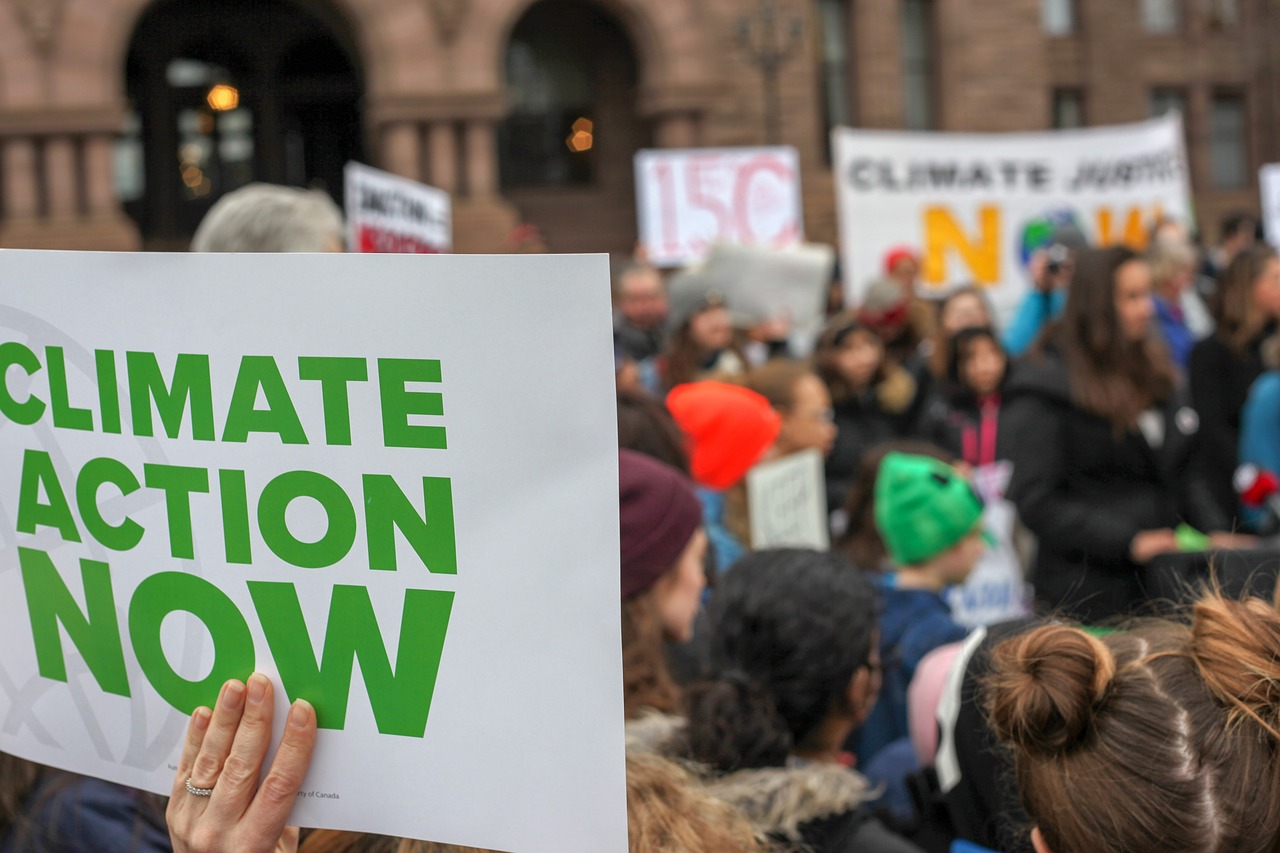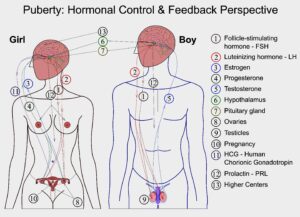Expert Interviews for Climate Action – In today’s rapidly changing world, climate action has emerged as a paramount concern for governments, organizations, and individuals alike. However, the battle against climate change is not just fought on the physical front; it also encompasses the dissemination of accurate information to drive effective action. In this article, we delve into the significance of accurate information in the context of climate action, debunk misinformation, and highlight the vital role it plays in fostering sustainable change.
Expert Interviews for Climate Action
The Power of Accurate Information
Accurate information acts as the foundation upon which successful climate action is built. It empowers individuals and communities with the knowledge necessary to understand the causes and effects of climate change. By providing factual insights, accurate information enables people to make informed decisions and take appropriate action to mitigate the impact of climate change on both local and global scales.
The Ripple Effect of Misinformation
Misinformation, on the other hand, poses a significant threat to climate action. When false or misleading information spreads unchecked, it can hinder progress and dilute efforts aimed at tackling climate change. Misinformation can perpetuate myths, distort scientific findings, and create confusion among the public, leading to apathy or misguided actions.
Debunking Climate Misinformation
To counteract the detrimental effects of misinformation, it is essential to actively debunk climate-related myths and misconceptions. By providing scientifically accurate and up-to-date information, we can dispel doubts and foster a better understanding of climate change issues. It is crucial to address common misconceptions such as climate change being a natural phenomenon or the notion that individual actions have little impact. By presenting the facts, we can help individuals recognize their role in climate action and motivate them to make positive changes.
The Role of Media and Journalists
In the digital age, the media plays a pivotal role in shaping public opinion and disseminating information. Journalists, as the gatekeepers of news, have a responsibility to ensure that the information they present is accurate, credible, and well-researched. They have the power to influence public perception and drive meaningful change through their reporting.
Responsible Journalism in Climate Reporting
Responsible journalism is crucial when reporting on climate-related matters. Journalists should prioritize accuracy, objectivity, and balance in their coverage. They should thoroughly fact-check information before publishing, consult reliable sources, and critically analyze scientific studies to provide a comprehensive understanding of climate issues. By doing so, journalists can contribute to the creation of a well-informed society that is equipped to tackle climate change effectively.
The Need for Collaborative Efforts
Addressing the challenges posed by misinformation requires collaborative efforts between journalists, scientists, and policymakers. By working together, these stakeholders can ensure that accurate information reaches the public through various channels. Collaboration can involve joint research initiatives, the organization of educational programs, and the creation of engaging multimedia content to communicate climate-related information effectively.
Educating the Masses
Education plays a vital role in combating misinformation and fostering climate action. By integrating climate change education into school curricula, we can equip future generations with the knowledge and tools needed to become environmental stewards. Additionally, public awareness campaigns and community engagement initiatives can raise awareness about climate change, dispel myths, and promote sustainable behaviors.
Conclusion
In conclusion, the battle against climate change hinges on the availability of accurate information. Debunking misinformation, fostering responsible journalism, and educating the masses are essential steps in driving effective climate action. By empowering individuals with factual knowledge, we can inspire collective action, promote sustainable behaviors, and create a future that is resilient to the challenges posed by climate change. Let us embrace the power of accurate information and work together to build a sustainable and thriving world for generations to come.




